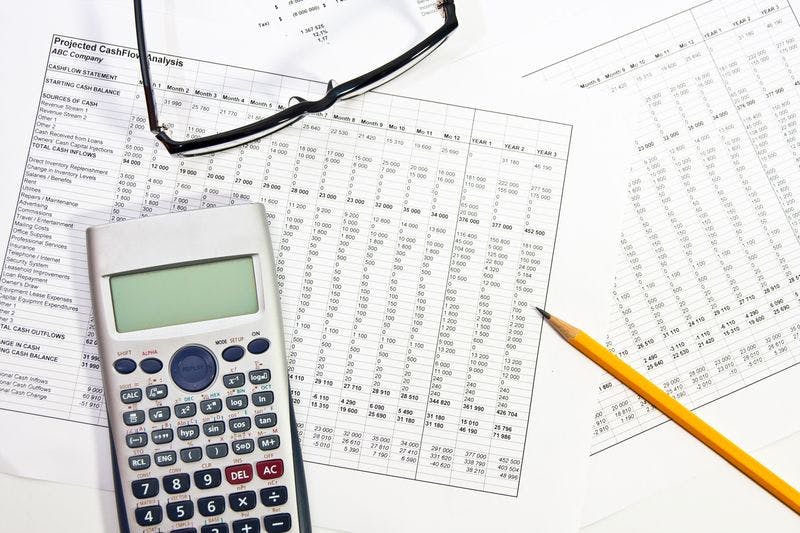As with many other plant-based/plant-derived substances, cannabidiol (CBD) must fulfill certain requirements before it can be sold or shipped legally. One of the most important is a certificate of analysis (COA). If you are thinking about starting a CBD-related business, you may have heard of it, but what is a certificate of analysis? Why is it required? How do you get one?
The Legal Status of CBD
The 2018 Farm Bill reclassified hemp and removed it from the Controlled Substance Schedules used by the Department of Justice and the Drug Enforcement Agency. However, despite no longer being illegal , hemp and hemp-derived CBD are still regulated, so there are requirements that you need to fulfill when selling or shipping it.
Generally speaking, your business must have licenses to grow, process, or sell CBD products, the THC content of your products must be 0.3% or less, your growers and suppliers must be operating legitimate, correctly licensed businesses, and your business must have documents that show the results of testing to verify the content (including, most importantly in this case, the amount of THC).
What Information Does a COA Give You?
A certificate of analysis (COA) is a detailed report on the chemical analysis of a substance. Basically, a COA tells your customers what is in the CBD product, and how much of it is in the product. It’s kind of like a nutritional fact chart on the back of a can of soup.
The certificate usually includes supplier information, materials identification, transportation data, signature data, and evidence of conformance. The last of these is the most important part of the certificate. It includes the properties of the substance, test-based evidence, and information on how the analyzed substance is in compliance with the relevant requirements and standards.
A COA also tells customers whether or not the product contains toxic or otherwise dangerous substances, such as pesticides. Even aside from legal requirements, a COA can be an important part of keeping your customers safe.
Certificates of analysis must be obtained from an accredited third-party laboratory . In most cases, the laboratory tests individual runs of a CBD product, and a COA is issued for each run individually.
An overview of FDA guidelines for the certificate itself can be found here .
Why Do I Need a Certificate of Analysis?
One reason that you need a COA is, of course, to make sure that you are not operating your business illegally, and that you have evidence of that fact. There are, however, other reasons that you might need to have a COA, or at least would be wise to have it.
Because of restrictions on cannabis and hemp products, one issue your CBD business will likely face is shipping your products. A COA can do much to solve that issue. For example, the U.S. Postal Service can carry CBD products , but the merchant must submit certain documents and certifications. One of these is a COA.
Another example is the fact that many states require cannabis and CBD product labels to include a custom QR code that is linked to the COA. Be sure to check state and municipal laws/regulations for the state where your business is located as well as states that are the destination of your products, and make sure that your labels are compliant.
Getting Help with The Process
Traditional banks and other financial institutions usually consider the CBD industry to be high risk. At best, they are hesitant about opening a merchant account for CBD businesses. More often than not, they won’t consider it at all. The best option is likely to be using the services of a high-risk payment processor.
What are the benefits of using a high-risk payment processor for your CBD business? First, a high-risk payment processor may be the only processor that is willing to open a merchant account for your business. Second, a high-risk payment processor such as Zen Payments specializes in payment processing for high-risk industries, so it knows those industries better than a traditional banker would.
That expert knowledge and experience can be a great resource for your business, and can make it easier for you to navigate the process of getting COAs and being in compliance with related laws and regulations.
When choosing a high-risk payment processor, be sure to ask as many questions as necessary until you’re satisfied with the responses and clear on what you can expect and what will be expected of you. Our team at Zen Payments would be happy to speak with you and find ways to help your business prosper, so please don’t hesitate to contact us.





